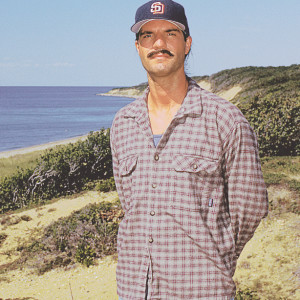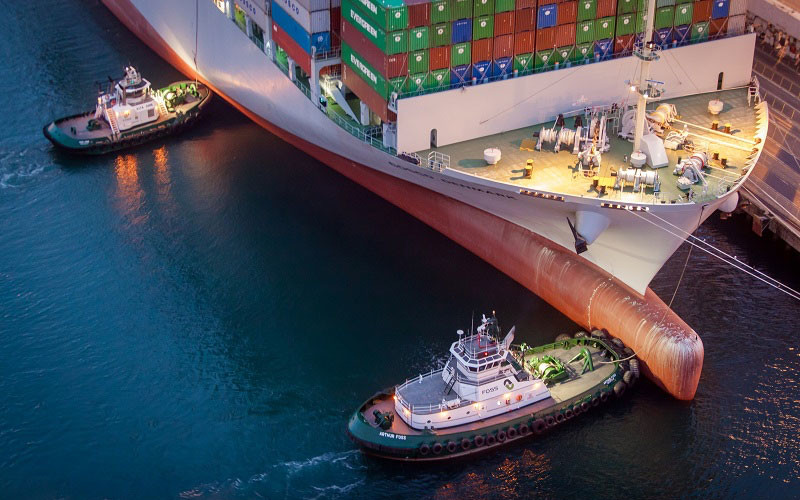One of the more challenging aspects of operating tugs in the oil trades, where the standard of care is (or should be) at its highest level, is practicing the art of the assist. And it is in fact a legitimate art form in its own right: both in exercising sound judgment (deciding when you need an assist, when you don’t, and when you’re in that variable gray area between the two) and in the practical execution.
Execution itself can be divided into two subcategories: using an assist boat competently and effectively and providing the same. They are closely related but distinctly separate skill sets that must be taught and developed, preferably but not necessarily in tandem. It’s particularly important for mates to learn this as early as possible.
One of the more psychologically difficult aspects for many tug operators is what should be the relatively simple task of deciding when to use an assist boat. Simple is not the same as easy. A significant percentage among us, and especially those involved in general towing, will reflexively resist using them, even when it’s obviously elevating risk significantly to do so.
Why? Largely because of the perception (sometimes unfounded, but often very real) that either shoreside bean-counters heavily frown upon using them, regarding it as an overly cautious unnecessary and/or wasteful practice, or (and this can be an incredibly powerful force to overcome) the deeply held belief that it’s somehow a sign of personal professional weakness to use them. Real tugboaters don’t need no stinkin’ assist boats! Right?
There’s risk, often unquantifiable, in everything we do. It’s always something of a gamble. Nothing explains the healthy instincts needed for approaching a dock with a loaded oil barge, with or without an assist, better than the brilliant songwriting and lyrics of the late, great Kenny Rogers: “You’ve got to know when to hold ’em … Know when to fold ’em… Know when to walk away, and know when to run … You never count your money when you’re sittin’ at the table … There’ll be time enough for countin’, when the dealin’s done … ”




